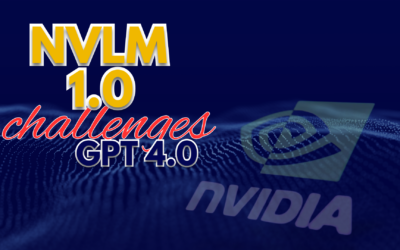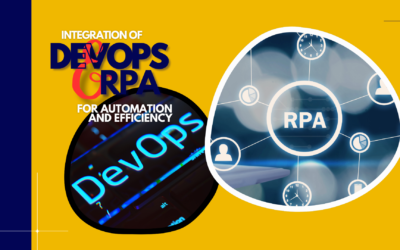End to end lifecycle management is a key trend in DevOps that aims to streamline and automate the entire software development process, from planning to production. It involves using tools and practices that enable continuous integration, delivery, deployment, testing, monitoring, and feedback across the different stages of the software lifecycle.
Table of Contents:
Benefits of devops through end to end lifecycle management
Faster delivery
By automating and orchestrating the various tasks and workflows involved in software development, end to end lifecycle management reduces manual errors, delays, and bottlenecks. This results in faster and more frequent delivery of software products and features to the market.
Higher quality
By integrating testing and quality assurance into every stage of the software lifecycle, end to end lifecycle management ensures that the software meets the desired standards and specifications. This also enables early detection and resolution of bugs and issues, improving the reliability and performance of the software.
Better collaboration
By breaking down the silos between different teams and roles involved in software development, end to end lifecycle management fosters a culture of collaboration and communication. This enhances the alignment and coordination of the teams, as well as the visibility and transparency of the software lifecycle.
More feedback
Challenges
Complexity
As software systems become more complex and distributed, managing the entire software lifecycle becomes more challenging. This requires a high level of integration, coordination, and standardization among the different tools, platforms, environments, and teams involved in software development.
Security
As software development becomes more agile and dynamic, security risks also increase. This requires a proactive and holistic approach to security that integrates security practices into every stage of the software lifecycle. This is also known as DevSecOps.
Skill gap.
As software development requires a wide range of skills and competencies, such as coding, testing, operations, security, and collaboration, finding and retaining talent can be difficult. This requires investing in training, mentoring, and upskilling the existing workforce to meet the demands of end-to-end lifecycle management.
Best Practices
Define clear goals and metrics
Before starting any software project, it is important to define the objectives, requirements, expectations, and success criteria for the project. This helps to align the teams and stakeholders on the vision and scope of the project, as well as to measure and evaluate the progress and outcomes of the project.
Choose the right tools
There are many tools available for different tasks and stages of the software lifecycle, such as planning, coding, testing, deploying, monitoring, etc. However, not all tools are compatible or interoperable with each other. Therefore, it is important to choose the tools that best suit the needs and goals of the project, as well as to ensure that they can integrate seamlessly with each other.
Automate as much as possible
Automation is one of the key enablers of end to end lifecycle management, as it reduces manual work, errors, delays, and costs. Therefore, it is advisable to automate as much as possible in the software development process, such as code reviews, testing, deployment, configuration management, etc.
Test early and often
Testing is an essential part of ensuring the quality and reliability of software products. Therefore, it is important to test early and often in the software development process, using different types of testing methods and tools. Some examples are unit testing, integration testing, functional testing, performance testing, security testing, etc.
Monitor continuously
Monitoring is another vital part of ensuring the performance and availability of software products.
- Therefore, it is important to monitor continuously the software products and systems, using different types of monitoring tools and methods. Some examples are performance monitoring, availability monitoring, error monitoring, user behavior monitoring, etc. Monitoring helps to identify and resolve issues, optimize resources, and improve user experience.
- Feedback is the ultimate measure of the value and quality of software products. Therefore, it is important to collect and analyze feedback from various sources, such as users, customers, stakeholders, and systems. Feedback helps to evaluate the effectiveness and impact of the software products, as well as to identify areas for improvement and innovation.
End-to-end lifecycle management is a powerful way to streamline and optimize the DevOps process. It enables faster, higher-quality, and more collaborative software development. However, it also poses some challenges and requires some best practices to implement successfully. By following the tips and suggestions in this article, you can achieve end-to-end lifecycle management for your software projects. To know more or to integrate contact us today.




